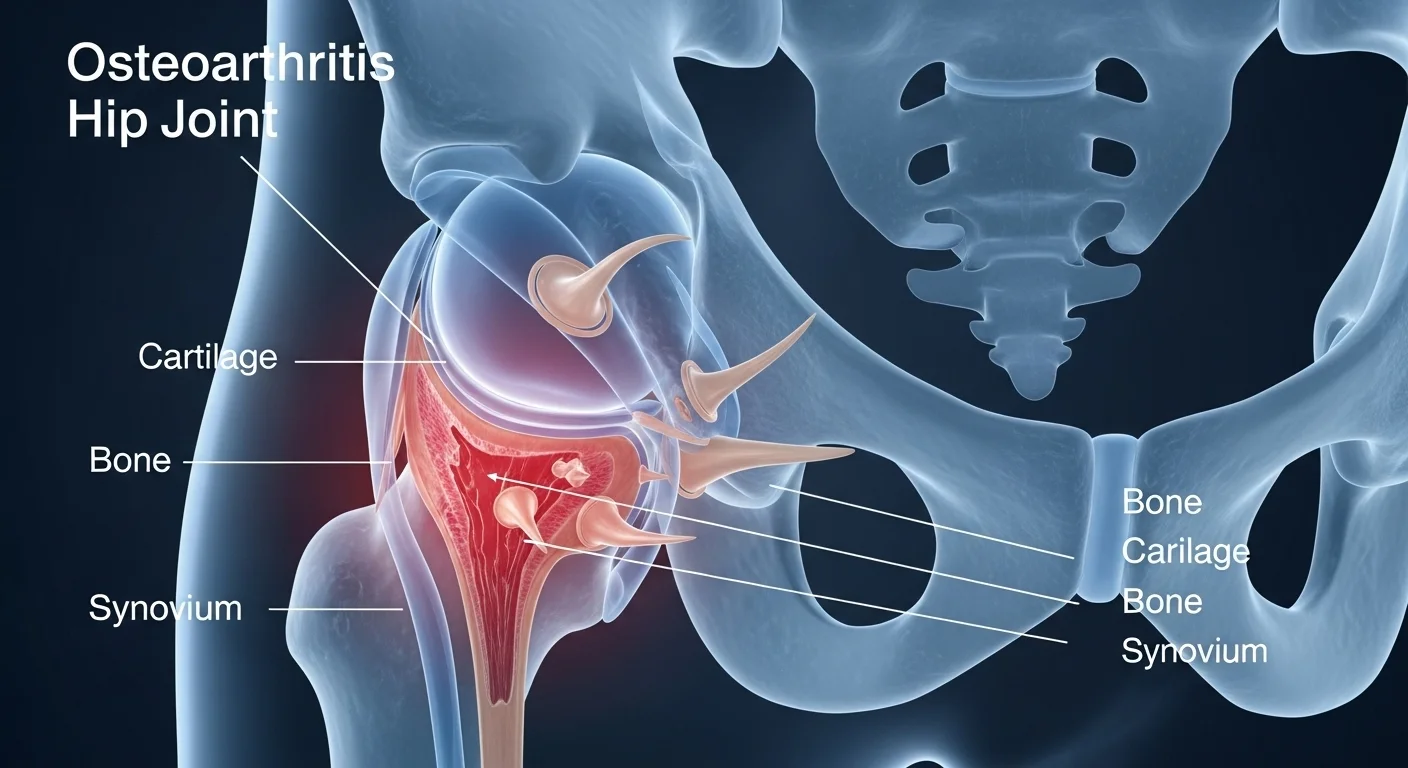Chicken Attack! When a Peck Becomes a Serious Joint Infection
We often think of chickens as harmless farm animals, but a recent case highlights the potential for even a seemingly minor peck to lead to a serious, even life-threatening, infection. This isn’t a story to scare you away from your backyard flock, but rather a reminder to take all wounds seriously and seek medical attention when necessary.
A case report details a young woman in Switzerland who developed a severe joint infection after being pecked on the knee by a rooster she kept at home. Initially, she dismissed the small wound, cleaning it and going about her day. However, the next morning, she woke up with significant pain, swelling, and redness around her knee, prompting a visit to the hospital.
The Hidden Danger: Septic Arthritis
While the initial wound appeared superficial, examinations revealed that the rooster’s beak had penetrated deep into the knee joint, causing internal damage. Doctors diagnosed her with septic arthritis, a serious infection of the joint that can rapidly destroy bone and cartilage, leading to permanent disability and, in rare cases, death.
During surgery, medical staff discovered that the rooster’s beak had pierced the protective membrane surrounding the joint, damaging cartilage and bone. The joint was thoroughly cleaned, damaged cartilage was addressed, and bone fragments were removed.
The culprit behind the infection was identified as Enterococcus faecium, a bacterium commonly found in the intestines of animals and often present on farms. It’s believed the bacteria was transferred directly into the joint through the rooster’s contaminated beak.
Recovery and a Warning
Fortunately, the woman responded well to treatment, which included surgery and a course of oral antibiotics. She was discharged from the hospital after just two days and made a full recovery, regaining full mobility in her knee. Ten months after the incident, she reported no further issues.
This case is particularly noteworthy as it’s the first reported instance of septic arthritis caused by a rooster attack. Doctors involved emphasized the importance of not underestimating the depth of penetrating wounds, even if they appear minor on the surface.
Understanding Septic Arthritis
Septic arthritis occurs when bacteria, often from another part of the body, enters a joint and causes inflammation. This usually happens when an infection elsewhere spreads through the bloodstream to the joint. While it can affect any joint, it’s most common in larger joints like the hip and knee.
Symptoms of septic arthritis include:
- Joint pain and tenderness
- Swelling and warmth around the joint
- Limited range of motion
- Fever
The most common cause of septic arthritis is Staphylococcus aureus (Staph), responsible for a significant percentage of cases. Other bacteria, including MRSA, Streptococcus, and even certain sexually transmitted infections, can also cause the condition.
Treatment and Prevention
Treatment for septic arthritis typically involves antibiotics to kill the bacteria. In some cases, the infected joint fluid needs to be drained, and physical therapy may be required to restore joint function. Surgery may be necessary if antibiotics are ineffective or if there is significant tissue damage within the joint.
Septic arthritis can worsen rapidly if left untreated. Delayed diagnosis can lead to joint damage, sepsis (a life-threatening blood infection), and even death. The mortality rate for septic arthritis, even with antibiotic treatment, can be significant.
When to Seek Medical Attention
It’s crucial to seek immediate medical attention if you experience any signs of infection, such as redness, warmth, or pus, around a wound. This is especially important if you have pre-existing joint conditions, a weakened immune system (due to diabetes, cancer treatment, or other factors), or have recently been bitten by an animal or sustained a skin injury. Prompt diagnosis and treatment are essential to prevent serious complications from infections like septic arthritis.
While a chicken peck might seem insignificant, this case serves as a reminder that even minor wounds can have serious consequences. Always clean wounds thoroughly and seek medical attention if you notice any signs of infection. Your health is worth it!




